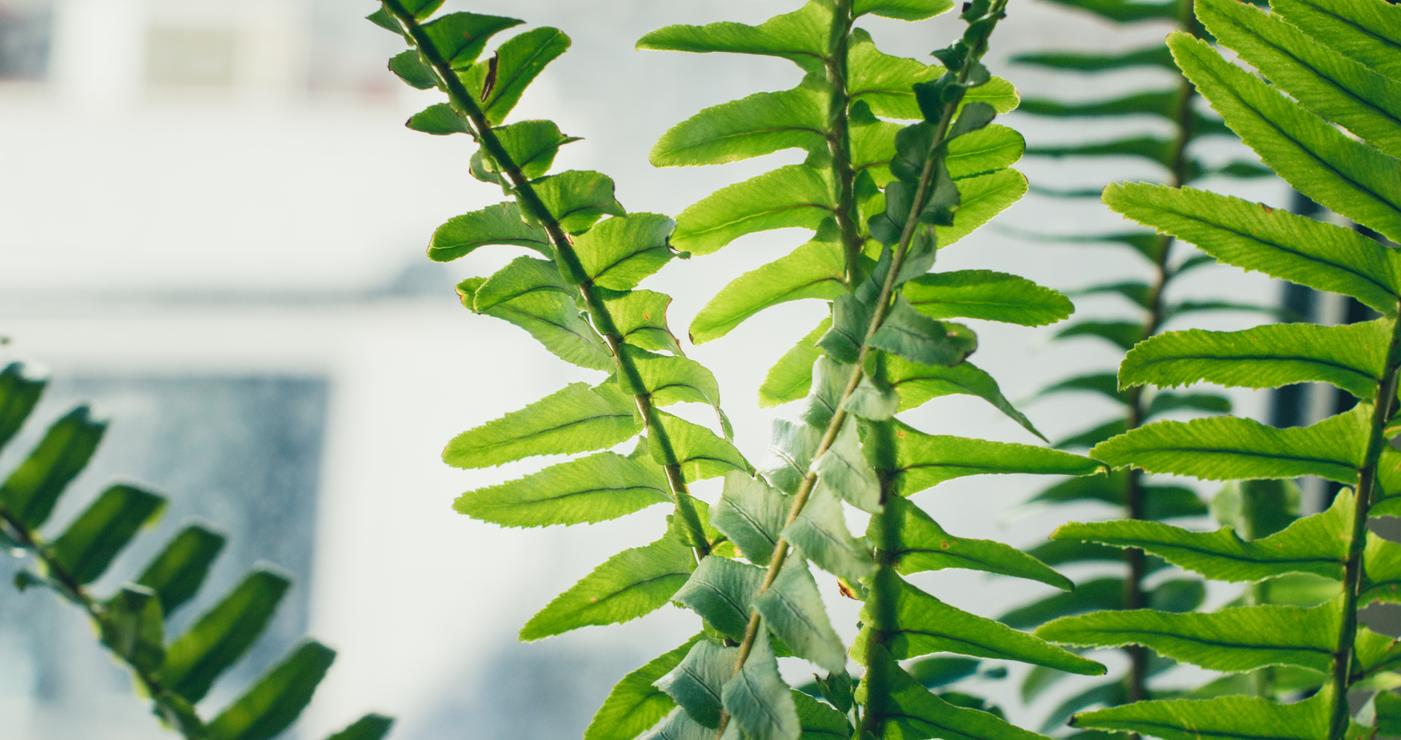Best Indoor Plants For Your Health
Boston Fern

NASA's study found the Boston fern to be the most effective at removing formaldehyde; in fact, the plant removes significantly more each hour than the other plants examined. This fern is also good for eliminating heavy metals from the soil, such as arsenic and mercury. Boston ferns are very popular for their beauty, particularly in hanging baskets that allow their fronds to trail over the edges.
The Boston fern has graced interior plant arrangements since Victorian times and is noted for how easy it is to care for. These plants need cool places with indirect light and high humidity, particularly in winter. One way to provide extra moisture is to mist it once or twice weekly. The soil should remain damp; dry soil is the leading cause of indoor ferns' death. Give it water if the soil feels dry at all. Keep the peat moss fully hydrated, soaking the pot monthly and letting it drain. Yellow leaves indicate the humidity is too low for the plant.